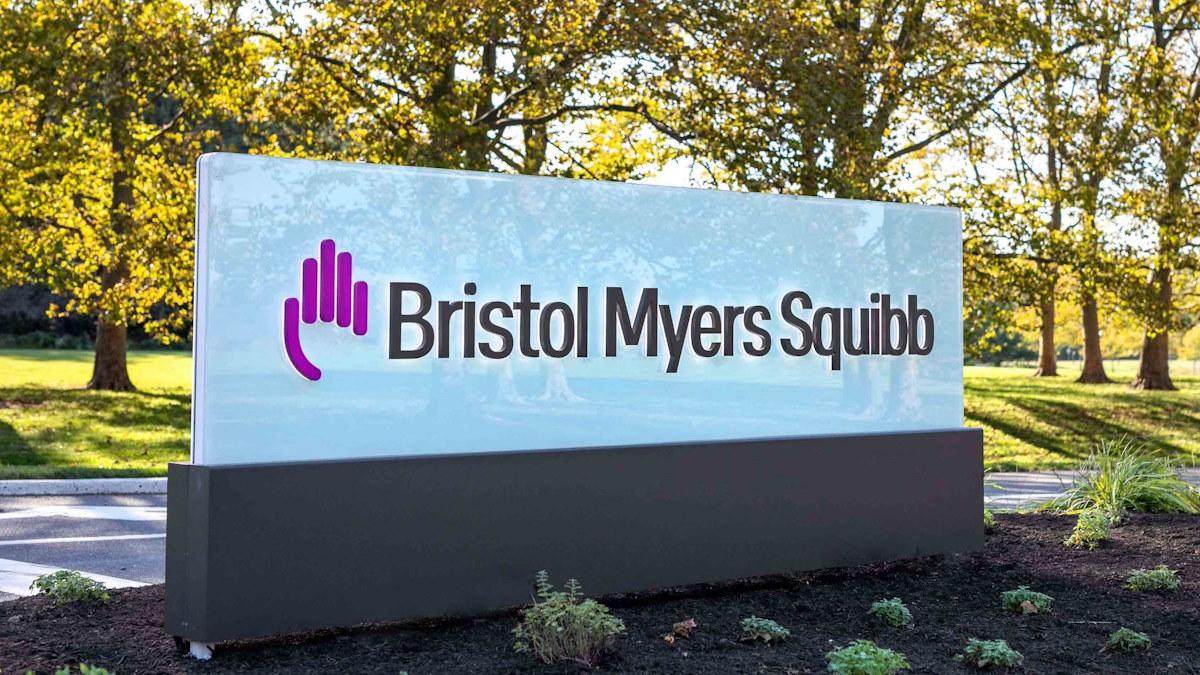BMS builds case for mavacamten label ahead of FDA decision

Bristol-Myers Squibb has new data backing up the value of mavacamten for obstructive hypertrophic cardiomyopathy (HCM), as it waits for a delayed verdict on its marketing application for the drug, acquired as part of its $13.1 billion takeover of MyoKardia in 2020.
The phase 3 VALOR-HCM trial in adults with obstructive HCM eligible for a procedure called septal reduction therapy (SRT) met its primary endpoint, according to BMS.
The aim of the study is to reduce the number of people who need to go on to have SRT, achieved using surgery or a catheter-based procedure, which is a standard therapy for severe HCM. It can be very effective, but carries a risk of complications including sudden death.
HCM is a progressive disease that thickens the heart walls and makes it harder for the heart of expand normally and fill with blood, and can lead to atrial fibrillation, stroke, and heart failure.
The drugmaker was supposed to hear back from the FDA on mavacamten at the end of January, but the regulator delayed its deadline to 28 April to allow more time to look at BMS' risk evaluation and mitigation strategy (REMS) for the drug, which is vying to become the first cardiac myosin inhibitor on the market.
The extended timeline means that BMS can now point to new positive clinical results for the drug, even though the results won’t be considered in the current marketing application, which is based on the earlier EXPLORER-HCM trial.
In that study, mavacamten improved exercise capacity, cardiovascular health scores like left ventricular outflow tract (LVOT) and overall health status in patients with obstructive HCM compared to placebo.
After the data emerged, analysts at Cantor Fitzgerald suggested that mavacamten could make $2 billion or more in sales in obstructive HCM, with another $600 million or more on top if subsequent trials support its use in non-obstructive HCM.
Obstructive HCM is estimated to affect 400,000-600,000 people worldwide, although many patients are undiagnosed.
The new data gives BMS an opportunity to extend its lead over Cytokinetics, in pursuit of mavacamten with its rival cardiac myosin inhibitor CK-274 which cleared a phase 2 trial last year and is now in a phase 3 programme.
Cytokinetics's drug had a higher top-line response rate than mavacamten in phase 2 – with the usual caveats about comparing trials with different protocols – and the company says it has also been designed so that dosing can be titrated up or down as needed to balance efficacy and tolerability, which could be a differentiator from mavacamten.
The VALOR-HCM data will be presented at the American College of Cardiology meeting in April, and shared with regulatory authorities, said BMS in a statement.
BMS bought MyoKardia around 18 months after the California-based biotech’s former partner Sanofi walked away from a partnership on mavacamten and other drugs, reportedly because the biotech was reluctant to extend commercial rights covered by the deal.













